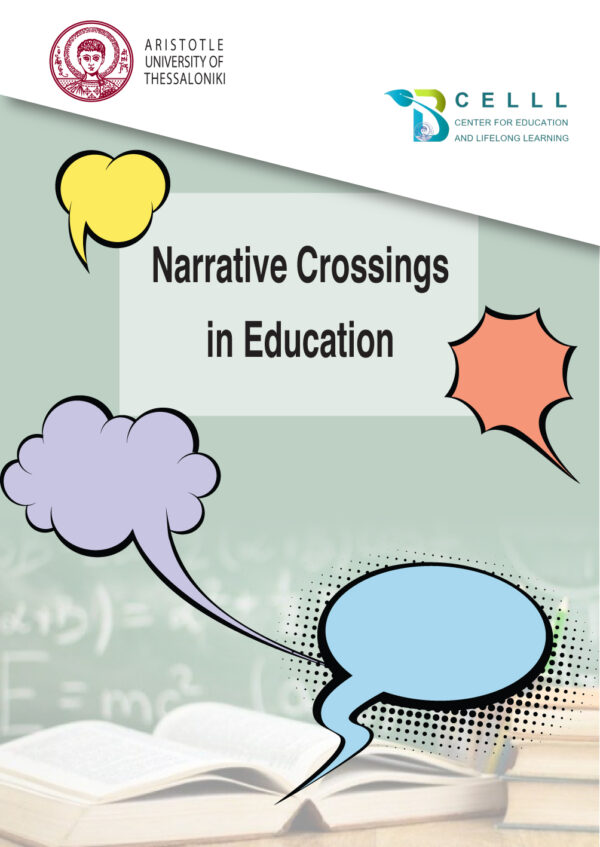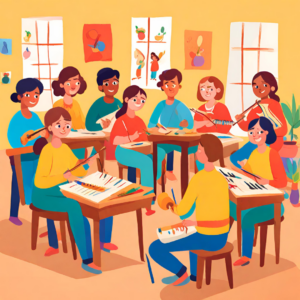Description
The program provides participants with in-depth and practical knowledge about the multiple uses of narratives in a learning environment. The varied qualities of narrative will be examined as forms of personal, social and communication discourse. We will examine the important contribution of narration to socio-cultural relations and its pivotal role in the learning process. The sections/subsections of this program will improve the ways participants plan and implement teaching practices/interventions while strengthening their creativity and critical thinking.
The sections/subsections offer participants a (re)consideration of narrative by introducing its more practical/applied uses and stressing narrative’s manifestation in discourse/communication and learning. More specifically, the program is structured around the following axes:
- knowledge about how literary and non-literary narratives affect human perception
- occasions to explore how storytelling can promote self-cognition and self-realization
- a (re)examination of genre and subgenre categories
- connecting narration with good teaching practices
- effective class management skills towards establishing a productive classroom atmosphere
- the art of expressing oneself in different forms of narrative
- the use of topics that encourage learning.
Tentative Program & Schedule
https://kedivim.auth.gr/en/programs/narrative-crossings-in-education-2/
Expected Outcome
Upon completion of the program, participants will:
- identify the possibilities of multi-layered narratives
- be familiar with ways of utilizing storytelling in educational contexts
- be able to design educational interventions based on narratives of real-life experience
- have approached narrative theory via participant-driven workshops
- have considered the contribution of aesthetic/narrating experience to learning
- have enriched critical thinking with creative activities
Certification
Participants will be evaluated according to their:
- In-class participation: 30%
- Analysis of selected study material (four follow-up reflections): 40%
- One in-class joint presentation: 30%
Upon completion of the program, participants will be awarded a Certificate of Attendance with 2 ECTS credited. The Certificate of Attendance is issued by the Center for Education and Lifelong Learning (LLL) of Aristotle University of Thessaloniki (AUTh) and signed by the coordinator of the program.
Venue address
Etnikis Aminis Avenue
AUTH Central CAMPUS
54621 Thessaloniki
Greece
ARISTOTLE UNIVERSITY OF THESSALONIKI
Address
Aristotle University of Thessaloniki University Campus 54124 Thessaloniki Greece
Website URL
https://www.auth.gr/en/university/
Contact persons
Prof. George K. Zarifis (Faculty of Philosophy)
gzarifis@edlit.auth.gr
gkzarifis@yahoo.com






